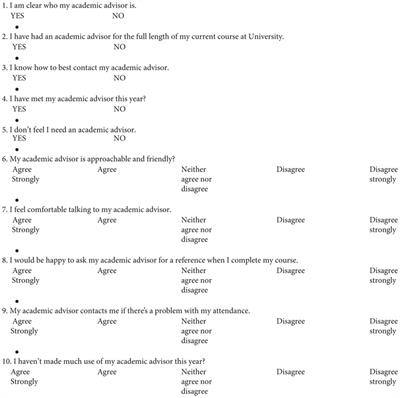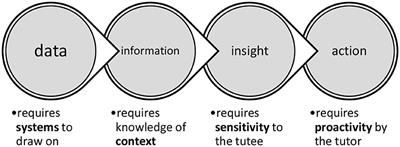EDITORIAL
Published on 29 Jan 2021
Editorial: Academic Advising and Tutoring for Student Success in Higher Education: International Approaches
doi 10.3389/feduc.2021.631265
- 3,850 views
- 3 citations
20k
Total downloads
148k
Total views and downloads
You will be redirected to our submission process.
EDITORIAL
Published on 29 Jan 2021
PERSPECTIVE
Published on 20 Nov 2020
ORIGINAL RESEARCH
Published on 04 Nov 2020

ORIGINAL RESEARCH
Published on 14 Oct 2020

CONCEPTUAL ANALYSIS
Published on 01 Oct 2020
ORIGINAL RESEARCH
Published on 28 Sep 2020

ORIGINAL RESEARCH
Published on 04 Aug 2020
BRIEF RESEARCH REPORT
Published on 28 Jul 2020

POLICY AND PRACTICE REVIEWS
Published on 28 Jul 2020
HYPOTHESIS AND THEORY
Published on 21 Jul 2020

ORIGINAL RESEARCH
Published on 10 Jul 2020
HYPOTHESIS AND THEORY
Published on 09 Jul 2020
